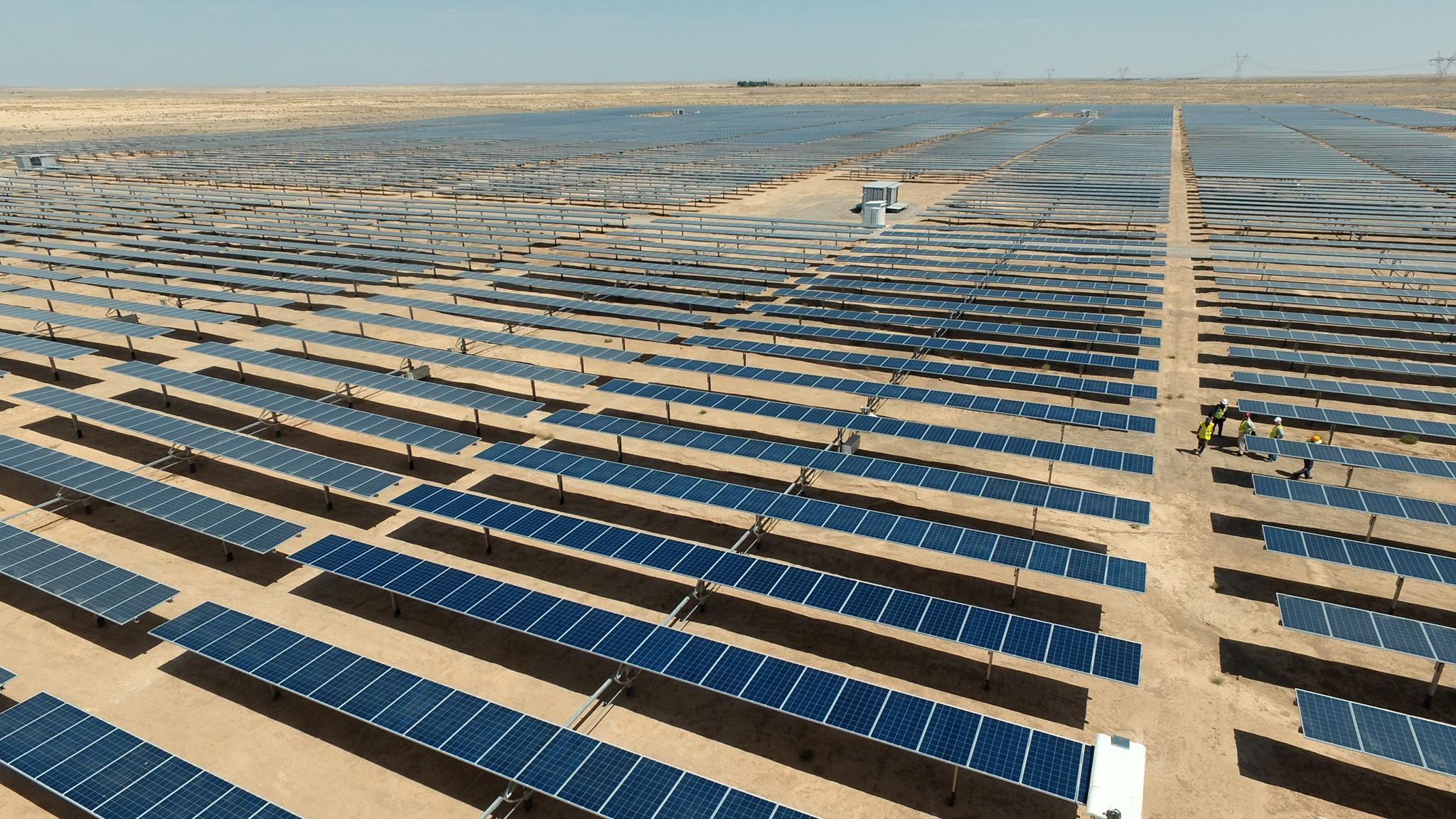Another photovoltaic park is to be built in the Cypriot capital. It will convert solar energy into electricity using special panels.
Palmanova Energy Ltd recently submitted its new project to the Department of Environmental Protection for consideration.
According to the notification, the photovoltaic park will be built within the administrative boundaries of the Tseri district. A solar power plant will be installed on the plots, which fall within the urban planning zone Γα4 (97 per cent rural zone) and Γa2 (3 per cent protected zone), using the latest photovoltaic energy technology. This will allow Cypriot residents to reduce their electricity bills. Access to the study area will be via a registered road.
The photovoltaic park will consist of several thousand solar panels with a production capacity of 3 MW and a storage capacity of 6 MW. The park will generate approximately 4.5 million kWh of electricity per year.
In the initial phase, the lifetime of the PV park will be about 25 years, which is the lifetime of the photovoltaic panels. After 25 years, consideration will be given to extending the construction permit for a further 5 years before the project is dismantled. Incidentally, the duration of the construction permit for solar parks cannot exceed 30 years, so the lifetime of the proposed project is estimated to be a maximum of 30 years.

As the sun shines almost 365 days a year in Cyprus, the problem of economical electricity consumption is mainly solved by the construction of photovoltaic parks.
Unlike burning coal, solar energy does not cause the greenhouse effect that contributes to global warming. Furthermore, solar energy can play an important and cost-effective role in overcoming Cyprus' dependence on fossil fuels.
Improved ways of storing solar energy can also improve the sustainability of the energy system. By storing extra energy on sunny days, batteries ensure that electricity is available when the weather is cloudy or when cyclones knock out traditional power lines. As a result, consumers in Cyprus can enjoy more reliable energy at a lower cost. These ambitious investments are not only good climate policy, but also a great opportunity for Cyprus to invest in itself and its future.
